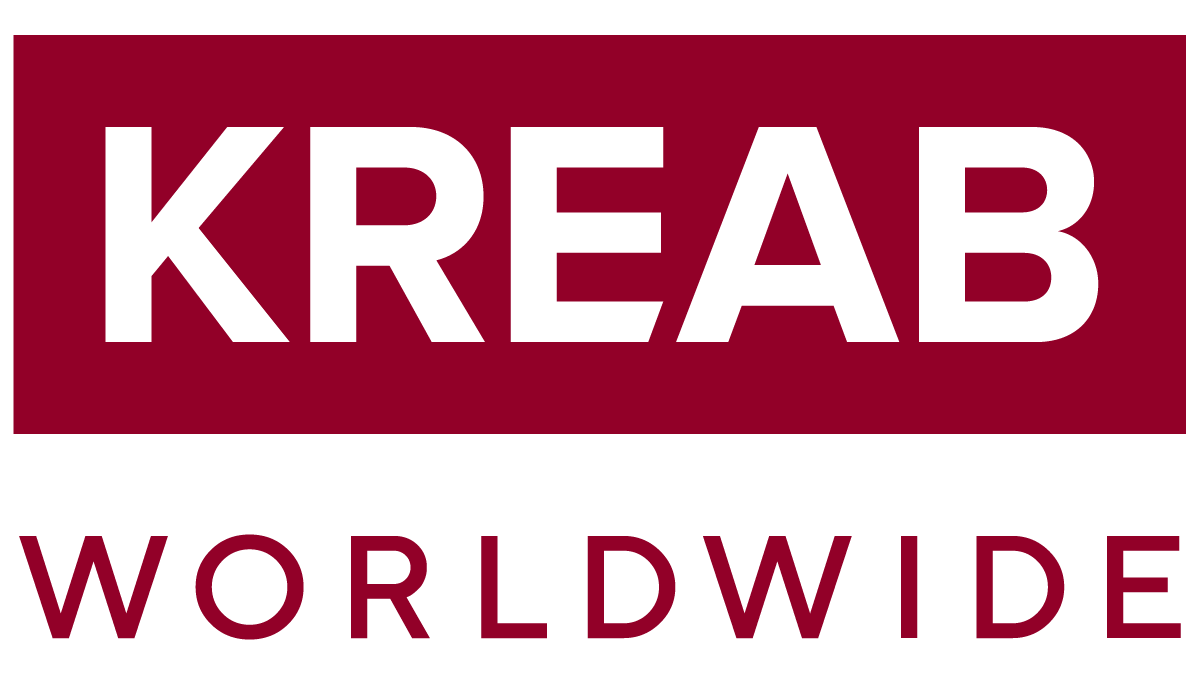
15/01/2019
The political uncertainty in Catalonia and doubts about global growth hinder international investment in Spain
More than half of the surveyed investors assessed the Government of Pedro Sanchez performance as “poor” or “very poor”
For 70.3% of respondents, Spain could improve its attractiveness as an investment destination with the departure of the United Kingdom from the EU
Despite the risks, 9 out of 10 foreign firms would recommend investing in Spain and cite the health, industry and tourism sectors as those with the greatest potential
December 21, 2018 – Kreab, a Communication and Public Affairs Consultancy founded in Sweden in 1970, has published the third edition of its annual report ‘Spain as an Investment Opportunity‘, in which it collects the views of international investors about different factors affecting the perception of Spain as an investment destination.
According to the results obtained, 54.1% considered that the concerns that exist on developments in the global economy is the main reason that might deter international investors from investing in Spain in the future. Political instability in Catalonia is the second most cited factor by respondents to consolidate their plans in Spain. For 43.2%, the situation experienced by the region is a deterrent to the arrival of foreign capital. In this regard, for 64.9% of respondents, an intensification of the conflict in Catalonia could have a negative impact on their assets in this Autonomous Community.
While 8.1% stated that they would not invest in Catalonia in the current political context, their perception of the situation has improved over last year. 55% of those surveyed said that they would not consider Catalonia as a destination for investment and 10% said they would not make investments in the rest of Spain while the conflict lingers on.
Political instability
Almost one in three of the international investors surveyed (32.4%) consider that the political situation in Spain is poor or very poor, which is a more pessimistic view compared to last year’s study, when only 13.7% of the respondents had that opinion.
In fact, 33.8% of respondents rated political instability in Spain as the main risk of investing today, followed by Regulation (19.5%) and local economic policies (19.5%). For their part, financial (2.6%) and social risks (1.3%) are minor concerns for investors. It should be noted that for 5.2%, there are no significant risks that impede investment.
On the topic of the work done by the Government of Pedro Sanchez, more than half (51.3%) of respondents rated it “poor” (29.7%) or “very poor” (21.6%). On the other hand, only 13.5% evaluated the performance of the Sanchez Government as “good” and none as “very good”. About a third (32.4%) expressed a neutral opinion.
Positive economic outlook
Despite the concern about the political situation, investors maintained their optimism about the future of the Spanish economy. In this respect, they consider that the evolution will be “positive” (54.1%) or “very positive” (10.8%), which allows more than two thirds (67.6%) of the respondents to assure that they will increase their investment volume in the country with respect to last year. In addition, 24.3% expected to keep it at the same level.
Proof of foreign investors’ confidence in the Spanish economy is that around nine out of ten investors (91.9%) would recommend Spain as an investment destination, and only 2.7% would not. The remaining 5.4% did not have or did not express an opinion in this regard. These results are very similar to those obtained last year, when 93.1% of the investors surveyed recommended Spain as an investment destination.
According to the Kreab report, the economic sectors that present better prospects for investment in Spain are, in the opinion of the respondents, the following in this order: health, industry, tourism, consumer goods, real estate and financial services.
Foreign firms participating in the study believe that tax incentives (34.1%), followed by bureaucratic simplification (33%) and an increase of legal certainty (17.6%) would stimulate investment.
International context
Some external events, such as “Brexit”, could favour the arrival of new investment projects in Spain. According to 70.3% of respondents, the exit of United Kingdom from the European Union would enhance the appeal of the Iberian country as investment destination, although, on the other hand, the remaining 29.7% considered that it would not have any impact.
On the other hand, the majority of respondents (64.9%) dismissed the idea that a rise of populism in other European countries may favour the position of Spain as an investment destination, while the remaining 35.1% manifested in the opposite direction.
Likewise, even an increase in protectionism in the United States would not have an impact on Spain’s attractiveness as an investment destination. 94.6% of the surveyed investors responded in this way, compared with the remaining 5.4% who considered otherwise.
Methodology
To carry out this study, the financial communication team of Kreab Iberia surveyed, between October 24 and November 19, 37 international investment firms of various kinds, including investment funds, private equity and first class private banking consultancies.
